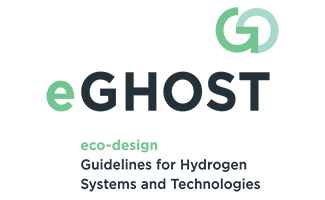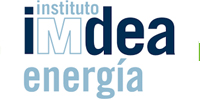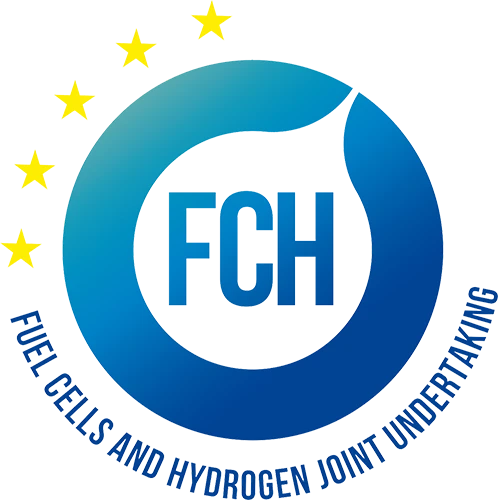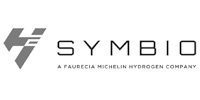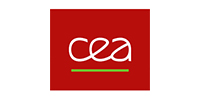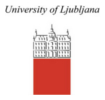eGHOST will be the first milestone for the development of eco-design criteria in the European hydrogen sector. This project will develop two specific guidelines for Fuel Cells and Hydrogen products (FCH): PEMFC and SOE. The lessons learned will be integrated into an eGHOST White Book, a guidance and reference book for any future FCH eco-design project.
eGHOST will go a step beyond the current state of the art of eco-design, and will incorporate triple-impact decision making tools, such as environmental, social and economic aspects throughout its life cycle.
In order to have valid information on these products at early stages of development, a forward-looking approach will be taken in the life cycle thinking tools and will include an assessment of the performance of products at different stages of the life cycle at the time of their emergence.
The European Commission considers eco-design as a key factor to meet its commitment to a carbon neutral and circular economy by 2050, and this has been reflected in different documents (EU Green Deal, New Industrial Strategy for Europe, Circular Economy Directive…). eGHOST will contribute to position FCH in this context, developing the first preparatory study of a hydrogen product, under the principles of the Ecodesign Directive and will improve the understanding of FCH technologies as a sustainable investment, according to the EU taxonomy, enhancing corporate social responsibility studies.


